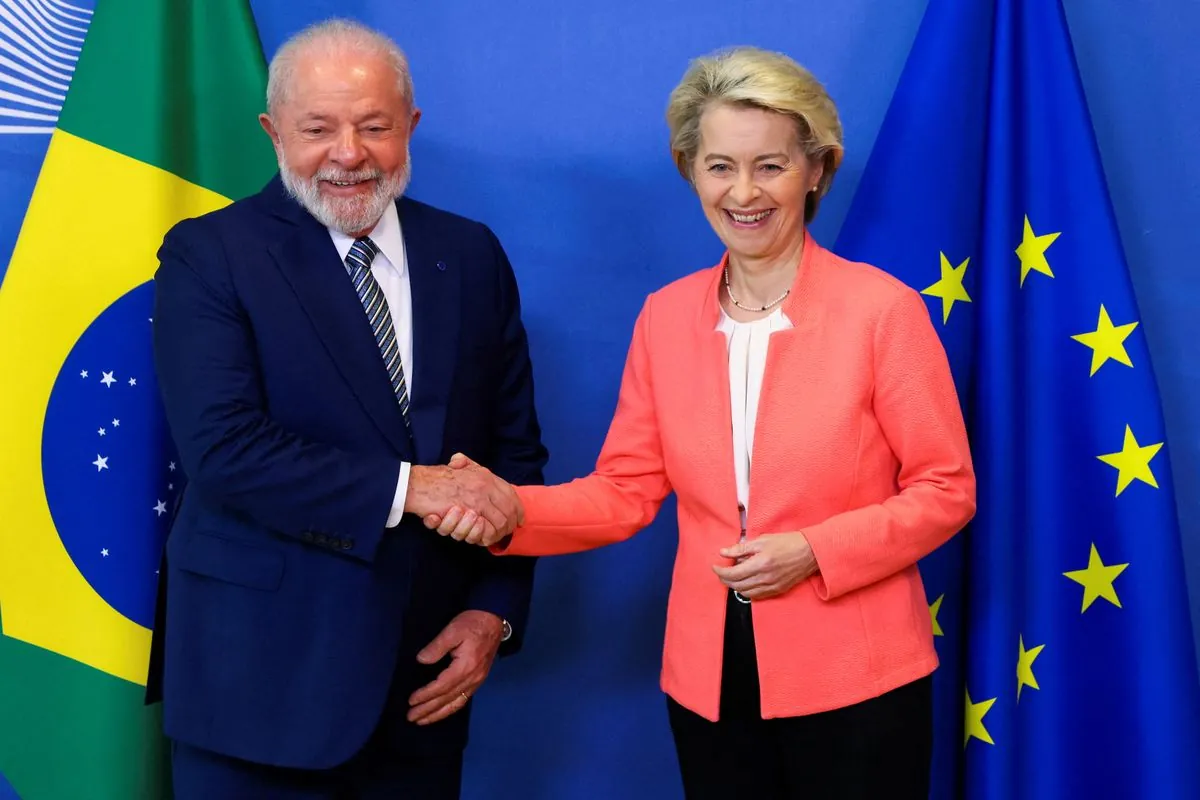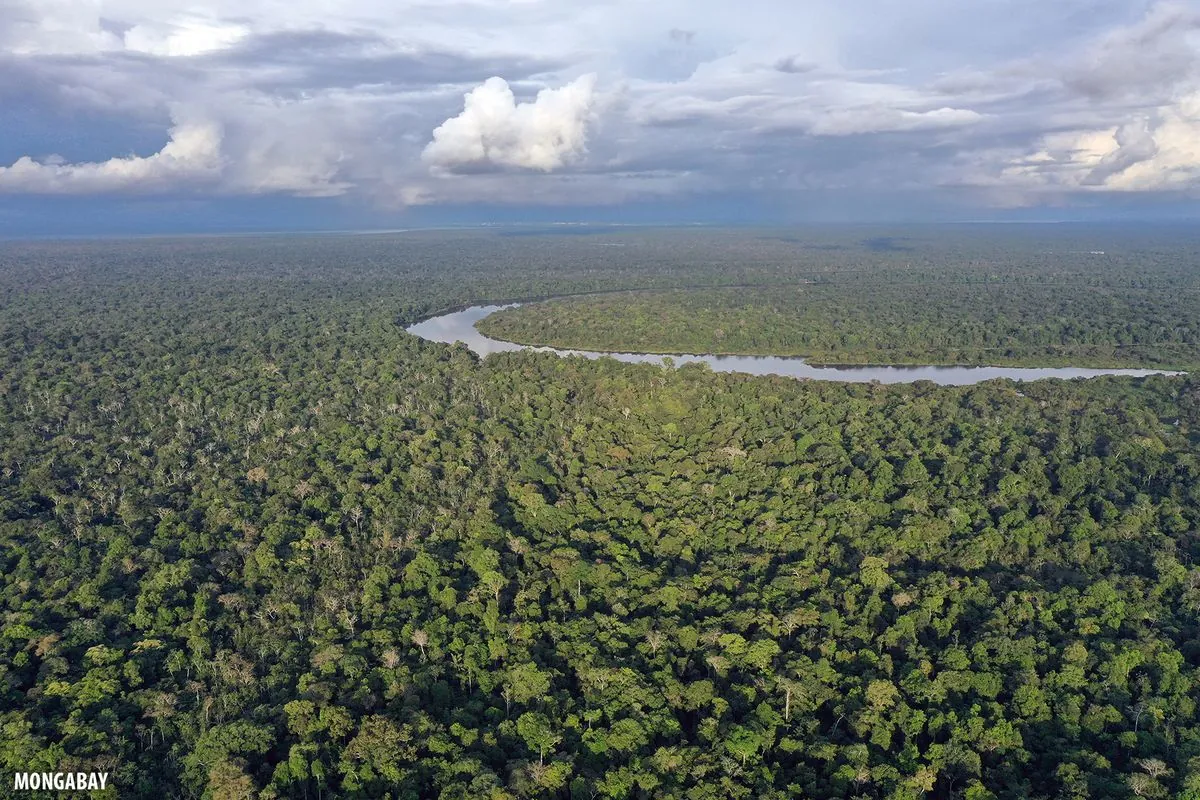EU-Mercosur Trade Talks Advance Amid Agricultural Concerns
EU and South American negotiators report progress in trade talks, focusing on environmental and procurement issues. French farmers express opposition, fearing increased competition in key agricultural sectors.

On September 6, 2024, Reuters reported that negotiators from the European Union and South America concluded two days of trade discussions, marking a significant step forward in the long-standing EU-Mercosur agreement talks. The negotiations, which took place in Brasilia, were the first face-to-face meetings since April 2024.
Mercosur, founded in 1991, comprises Brazil, Argentina, Uruguay, Paraguay, and more recently, Bolivia. With a combined population exceeding 295 million, this South American bloc represents a valuable market for EU manufacturers. The EU-Mercosur agreement, if finalized, would establish the world's largest free trade area, eliminating tariffs on 91% of goods traded between the two regions.
Sources close to the negotiations indicated that substantial progress was made in addressing contentious issues, particularly in the areas of environmental protection and government procurement. A Brazilian foreign ministry official stated that the talks were productive and that another round of negotiations is anticipated in the coming weeks.

The EU-Mercosur agreement has faced numerous hurdles since negotiations began in 1999. Despite reaching an initial conclusion in 2019, the accord was stalled due to EU demands for stronger commitments on Amazon deforestation and climate change. The Amazon rainforest, covering approximately 5.5 million square kilometers and home to about 10% of the world's known species, has been a focal point of these environmental concerns.
While the recent progress is encouraging for proponents of the deal, opposition remains strong, particularly from the agricultural sector in some EU countries. In January 2024, amid demonstrations by French farmers, President Emmanuel Macron reiterated his opposition to the agreement, citing potential environmental damage and unfair competition for farmers.
The French farmers' union FNSEA expressed its disapproval of the resumed talks, highlighting concerns about increased competition for producers of beef, chicken, rice, sugar, and ethanol. France, as the EU's largest agricultural producer, has been particularly vocal about protecting its farming sector.
"European agriculture should not be sacrificed in order to conclude international trade accords. On the contrary, agriculture should be protected and considered one of the main strategic European sectors."
The EU-Mercosur negotiations underscore the complex balance between expanding trade opportunities and protecting domestic industries and environmental interests. As the world's largest trading bloc, the EU's approach to this agreement could have far-reaching implications for global trade patterns and environmental policies.
As negotiations continue, both sides will need to address the concerns of various stakeholders, including environmental groups and agricultural producers. The potential conclusion of the agreement by the end of 2024 would mark a significant milestone in international trade relations, potentially reshaping the economic landscape between Europe and South America.


































